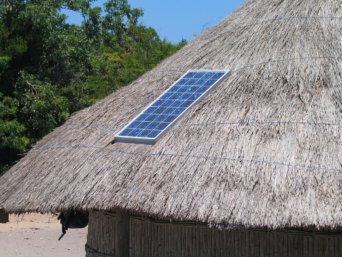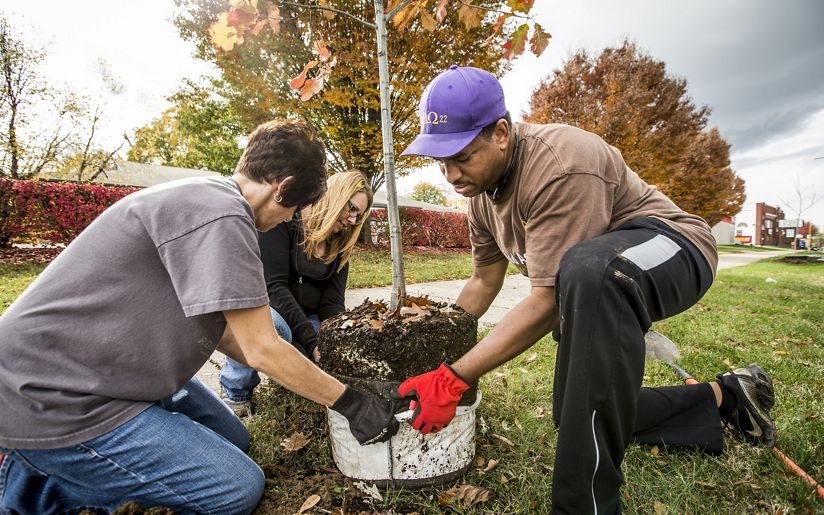- About
- Topics
- Picks
- Audio
- Story
- In-Depth
- Opinion
- News
- Donate
- Signup for our newsletterOur Editors' Best Picks.Send
Read, Debate: Engage.
| topic: | Sustainable Development |
|---|---|
| located: | Rwanda, Ethiopia |
| editor: | Bob Koigi |
As the world increasingly chokes under a polluted environment and climate change takes a toll on humanity, governments’ commitment to fight pollutants and embrace a climate-resilient green economy has been lack-lustred and snail-paced.
Since putting pen to paper on the 2015 Paris Agreement on climate change, there has been little to write home about as numerous governments continue to pay lip service to the environmental accord, while unprecedented floods, droughts and climate-related diseases define our new normal. It is particularly tough for developing countries with the sectors that feed their people and oil their economic growth taking the greatest hit.
Which is why in this extraordinary time, Ethiopia and Rwanda have risen to the occasion once again to champion green initiatives whose benefits will outlive this generation.
For Ethiopia, the commitment to cut carbon emissions by 64 per cent by 2030 may seem overly ambitious. But its recent investment in a groundbreaking national reforestation programme where four billion trees were planted in 2019 and even a higher target of five billion this year inspires hope and confidence that the carbon emissions reduction pursuit is indeed achievable. It also takes pride in having Africa’s first waste to energy plant, electric rail network to tame fossil fuel use and climate-smart agricultural practices that have placed it way ahead of its peers and earned it global admiration. Rwanda, on the other hand, is working on ten multi-billion dollar green projects that include clean stoves meant to cut down on the use of fossil fuel while easing pressure on forests, solar pumping systems for irrigation, electric vehicles, climate compatible mining and climate resilient crop varieties among other initiatives.
As trailblazers in the green economy, these countries have one thing in common: their leaders have been actively involved in pushing for the implementation of these projects. As has been the case before Rwanda and Ethiopia have set global records in women empowerment and gender equality in the political process. In a phenomenon so crucial for human survival like climate change, the two countries will go down in history as having stood up to be counted with their leaders driving the green economy agenda in talk and deed. The world should borrow a leaf.
Image by teresa cotrim

